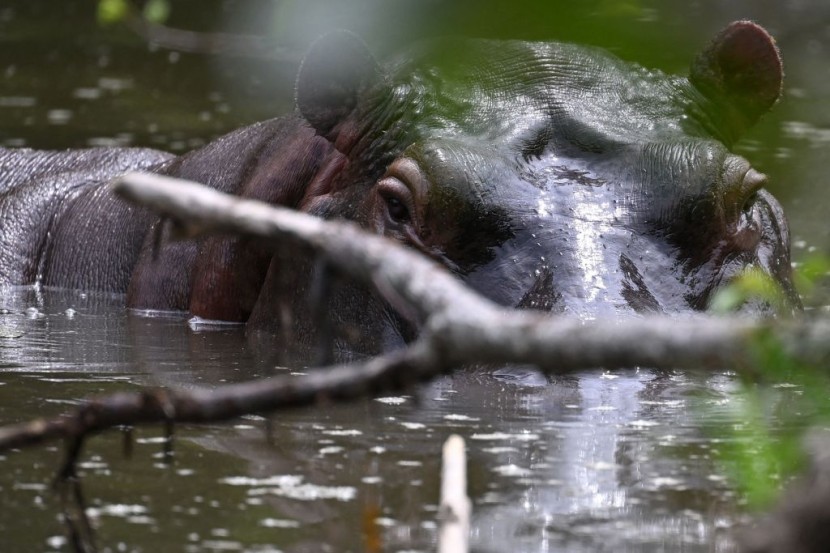Colombian officials are considering sterilization and euthanasia as Pablo Escobar's "cocaine hippos" continue to multiply within the region.
The current population is descended from three hippopotamuses that were illegally brought to the country by the late drug kingpin in the 1980s. After Escobar died in 1993, the hippos were left to roam freely, and environmental authorities have been helpless in trying to control their numbers.
Pablo Escobar's Cocaine Hippos

The creatures spread from Escobar's estate into nearby rivers, where they flourished, and they are known to have no natural predators in the region. Officials have declared the animals an invasive species that could upset the ecosystem.
Authorities also estimate that there are 169 hippos in Colombia, including in the Magdalena River basin. They argued that if no measure is taken to control the animal population, there could be 1,000 of them by 2035.
In a statement, Environment Minister Susana Muhamad said that the first stage of Colombia's plan will be the surgical sterilization of 40 hippos per year, which will start next week. The procedure itself is expensive, and each process would cost $9,800, as per CBS News.
Additionally, it entails risks for the hippopotamus, including allergic reactions to anesthesia or death. The procedure also poses risks to the animal health personnel. The animals are dispersed over a large area, and they are territorial, causing them to be often aggressive.
Officials also said that sterilization alone will not be enough to control the growth of the hippo population. This has prompted the government to arrange for the potential transfer of the animals to other nations. This is a plan that was announced in March. However, the cost of such a move is estimated at $3.5 million.
Muhamad noted that Colombian officials have contacted authorities in Mexico, India, and the Philippines and are evaluating sending 60 hippos to New Delhi. She added that they are working on the protocol for the export of the invasive species. Muhamad said that they would not transfer a single creature if there were no authorization from the environmental authority of the other country.
Read Also : China Seeks To Build Advance Humanoid Robots by 2025, Issues Guidelines for Innovation System
Controlling the Population
The environment minister said that euthanasia is seen as a last resort in trying to control the population of the cocaine hippos. She noted that all three stages of the plan have to work together to be successful, according to CNN.
Muhamad argued that they are currently in a race against time regarding the permanent environmental and ecosystem impacts that the hippos pose. She said that this is why only one strategy will not be enough to control the growth of the creature's population.
The large animals have also impacted human lives since Escobar brought them to Colombia in the 1980s. In 2022, one resident was almost trampled and killed by a hippo at his parent's farm in the municipality of Puerto Triunfo.
The individual was supposedly getting water from a sprout when he saw the animal's large shadow and quickly ran for his safety. The encounter with the massive creature left him in shock for two weeks. He said that he did not know what happened and that he lost consciousness, said the Daily Mail.
© 2025 HNGN, All rights reserved. Do not reproduce without permission.








